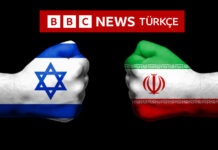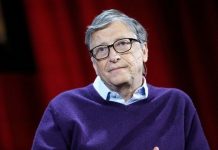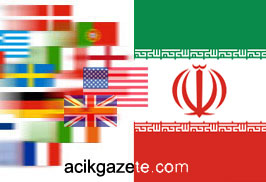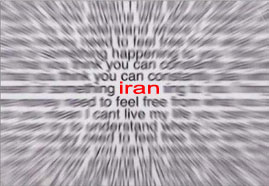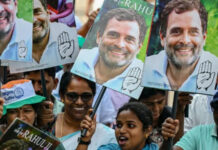What is happening in Turkey that has been pointed out as a shining example of reconciling a predominantly Muslim population with a secular state? An alternative question may be as follows: How easily could forces that have no political accountability to the electorate interrupt the democratic process?
These questions gained urgency especially after two mass demonstrations held in Ankara and Istanbul lately and the threatening memorandum of the army in between that made it obvious that it will not tolerate AKP’s full grip on the state apparatus by winning the presidential elections. This means, no matter how democratic the election process is and how diligently legal procedures are abided by, the army as the voice of the secular establishment is not willing to tolerate a president elected by the AKP that is suspected of harboring a fundamentalist agenda and waiting for the opportune time to implement if. Otherwise, in a fully mature democracy where souls and minds would not be so polluted the presidential candidate of the AKP, Mr. Gul’s election would be a foregone conclusion.
Is this really a concrete danger to the secular way of life that has not actually been directly challenged by the AKP measuring from its four years in government? Or is the current tension due to the power struggle between the elected and the appointed? The bureaucracy in Turkey has always felt to be the self-appointed protector of the regime that is mainly defined by two tenets: republican and secular. If even the theocratic regime of Iran is a republic, then it is not the republic that is under threat.
If less than 10% (in fact 8%) of the populace see the sharia law as a better legal system and a government that has adopted it as a better way of governance (TESEV research of 2006, on religious attitudes), there can be no near and clear danger in this respect as well. Then signs and symbols of religious preferences such as the turban, piousness and religious rhetoric are conveniently used as bogeys to scare the whole nation for an imminent takeover of fundamentalists. Could this a cunning excuse to call the ‘cavalry’ to save the endangered nation?
More seriously; can it be a coincidence that following the statements of the highest ranking public figures of this country (the President and the Chief of General Staff) that have has warned us that the republic has been in so much danger that it is comparable to no other time, the military refused to accept the results of a presidential election that will end with an AKP member becoming the next president of the republic? If so we must feel safer as a nation now that Mr. Gul’s election is derailed.
Yet there are more critical questions to be asked: Isn’t the election laws that has left out 45% of the electorate and exaggerated the gains of the winner by putting up the 10% election barrier the making of the Consultative Assembly that was handpicked by the military junta that had staged the 1980 coup? Wasn’t it the same Assembly under the watchful eyes of the generals laid out the procedures for electing president of the republic and codified the Party Law that has created satrapies rather than democratic institutions that would have been the midwife of a full fledged pluralist democracy? Now the same institution that has led to so much regime damage is rejecting the outcome of the laws that is of its own making. Ironically, those demonstrating on the streets look up to this institution as their savior to ward off anti-secular forces that they are made to believe threaten their life-styles.
Yes there are fanatics and fundamentalist around that threaten people with their obscurantist deeds and rhetoric. But how big is this group? Moreover, who has put an end to elective religious training in the middle-level school system? Unfortunately it was the choice of the military to initiate obligatory education in junior and high schools as a bulwark against the growing leftist movement that was the bogey of the Cold War era. It is now the same institution that is complaining about encroachment of religion on the secular way of life.
The more conservative, parochial and peripheral groups found their way to the political and economic center by AKP’s success in government. By and large they found a voice and a place for themselves in the system. They looked different and acted different. But their political parties and leaders who became obsolete and dysfunctional have failed those demonstrators of middle and upper middle-class people. This time around the more modern urban classes feel that they are devoid of representation, leadership and a political party or platform that can offer them a future they can believe in and feel safe. That is why their protest misses the target because the AKP is not the reason of their insecurity but perhaps the lucky winner of the system that the masses protest for not representing them and endangering their way of life. That is why the principal threat to democracy in Turkey comes not from the AK party but from its opponents.


